Can Too Much Caffeine Cause Blurred Vision
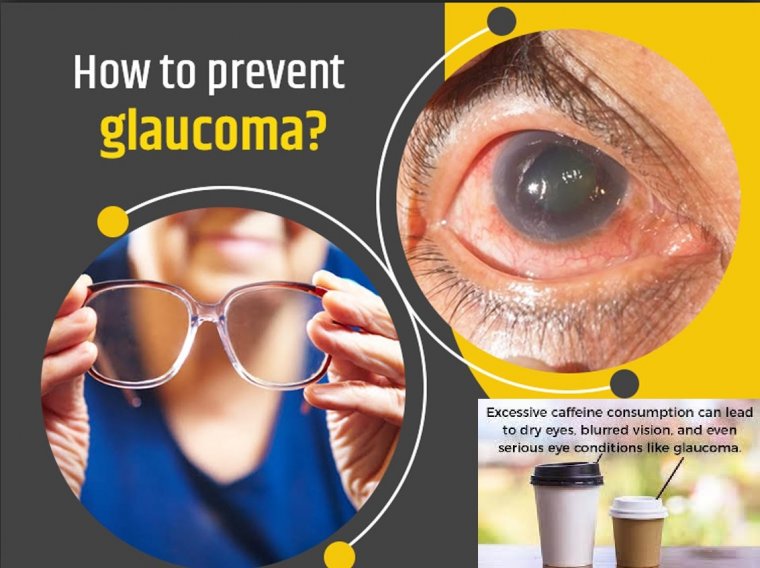
The morning sun, a hazy yellow orb, struggled to pierce through Sarah's kitchen window. She reached for her third cup of coffee, the rich aroma a comforting promise against the persistent fatigue. But as she glanced at the newspaper headlines, the words seemed to swim and blur, an unwelcome distortion clouding her vision. A familiar question nagged at her: was this intense caffeine kick doing more harm than good?
The relationship between caffeine and vision is more nuanced than many realize. While moderate caffeine consumption is generally considered safe, excessive intake can potentially lead to a range of visual disturbances, including blurred vision. This article explores the connection between caffeine and eye health, examining the mechanisms at play and offering practical advice for maintaining both alertness and clear eyesight.
The Caffeine Craze: A Modern Ritual
Caffeine, a naturally occurring stimulant found in coffee, tea, chocolate, and various other foods and beverages, has become an integral part of modern life. Its ability to enhance alertness, improve focus, and combat fatigue makes it a popular choice for students, professionals, and anyone seeking a quick energy boost. From the meticulously crafted lattes of artisanal coffee shops to the readily available energy drinks lining supermarket shelves, caffeine permeates our culture.
According to the U.S. Food and Drug Administration (FDA), approximately 80% of U.S. adults consume caffeine daily. But with this widespread consumption comes the question: how much is too much?
Understanding Caffeine's Impact
Caffeine exerts its effects by blocking adenosine, a neurotransmitter that promotes relaxation and sleepiness. This blockade leads to increased neuronal activity, resulting in heightened alertness and reduced fatigue. However, this stimulating effect can also have several physiological consequences, some of which may impact vision.
One potential mechanism involves the increase in intraocular pressure (IOP). Research suggests that caffeine can cause a temporary rise in IOP, the pressure inside the eye. While this increase is typically modest and transient in healthy individuals, it can be more significant in people with pre-existing eye conditions like glaucoma.
For those with glaucoma, even a small increase in IOP can contribute to further optic nerve damage and vision loss.
"Individuals with glaucoma or a family history of glaucoma should be particularly cautious about their caffeine intake," advises Dr. Emily Carter, an ophthalmologist at the Mayo Clinic.
The Blurred Vision Connection
The exact mechanisms by which caffeine might cause blurred vision are not fully understood, but several factors are likely at play. As mentioned, the temporary increase in IOP can disrupt the eye's fluid dynamics and affect the focusing ability of the lens. This can lead to transient blurring, particularly after consuming a large amount of caffeine.
Furthermore, caffeine can exacerbate dehydration, which can also contribute to visual disturbances. Dehydration can reduce tear production, leading to dry eyes. Dry eyes, in turn, can cause blurry vision, a gritty sensation, and increased sensitivity to light.
Another factor to consider is the potential impact of caffeine on blood vessels. Caffeine is a vasoconstrictor, meaning it can narrow blood vessels. Reduced blood flow to the eyes could theoretically affect the function of the retina and optic nerve, potentially contributing to visual disturbances.
Other Potential Visual Side Effects
Beyond blurred vision, excessive caffeine intake has been linked to other visual disturbances. Some individuals report experiencing eye twitching (myokymia), a common but often harmless condition characterized by involuntary muscle contractions around the eye. While the exact cause of eye twitching is not always clear, stress, fatigue, and excessive caffeine consumption are frequently cited as contributing factors.
Caffeine can also exacerbate symptoms of anxiety, which can sometimes manifest as visual disturbances. Anxiety can lead to hyperventilation, which can in turn cause blurred vision, dizziness, and lightheadedness. Anxiety-related visual disturbances are typically temporary and resolve as the anxiety subsides.
Rarely, very high doses of caffeine have been associated with more serious visual problems, such as hallucinations or distorted perception. These effects are typically seen only in cases of extreme caffeine overdose.
Finding the Right Balance
For most people, moderate caffeine consumption (up to 400 milligrams per day, or about four cups of brewed coffee) is generally considered safe and unlikely to cause significant visual problems. However, individual sensitivity to caffeine varies widely. Some people are highly sensitive and may experience side effects even at low doses, while others can tolerate much larger amounts without noticeable adverse effects.
It's crucial to listen to your body and pay attention to any symptoms you experience after consuming caffeine. If you notice blurred vision, eye twitching, or other visual disturbances that seem to be related to caffeine intake, it may be wise to reduce your consumption or consult with an eye doctor.
Staying hydrated is also essential, particularly if you consume caffeine regularly. Drink plenty of water throughout the day to maintain adequate tear production and prevent dry eyes. Getting enough sleep is equally crucial. Fatigue can exacerbate the effects of caffeine and increase the likelihood of visual disturbances. Prioritizing restful sleep can help improve your overall well-being and reduce your sensitivity to caffeine.
Consulting a Professional
If you experience persistent or severe visual disturbances, it's essential to consult with an ophthalmologist or optometrist. They can conduct a comprehensive eye exam to rule out any underlying eye conditions that may be contributing to your symptoms. They can also provide personalized advice on managing your caffeine intake and maintaining optimal eye health.
Dr. David Lee, an optometrist at the Wills Eye Hospital, emphasizes the importance of regular eye exams, especially for individuals who consume caffeine regularly or have a family history of eye disease. "Early detection and treatment of eye conditions can help prevent vision loss and maintain optimal visual function," he explains.
Conclusion: Seeing Clearly, Consuming Wisely
The connection between caffeine and vision is complex and multifaceted. While moderate caffeine consumption is unlikely to cause significant problems for most people, excessive intake can potentially lead to blurred vision, eye twitching, and other visual disturbances. By understanding the mechanisms at play and being mindful of your individual sensitivity, you can enjoy the benefits of caffeine without compromising your eye health. It's about finding the right balance – a balance that allows you to embrace the energy boost while cherishing the clarity of your vision.
Sarah, now armed with a greater understanding, decided to switch to a smaller cup of coffee and made sure to drink plenty of water throughout the day. As she looked out the window, the morning sun seemed a little brighter, the newspaper headlines a little sharper. Perhaps, she thought, a little less caffeine and a little more hydration were all she needed to see the world more clearly.
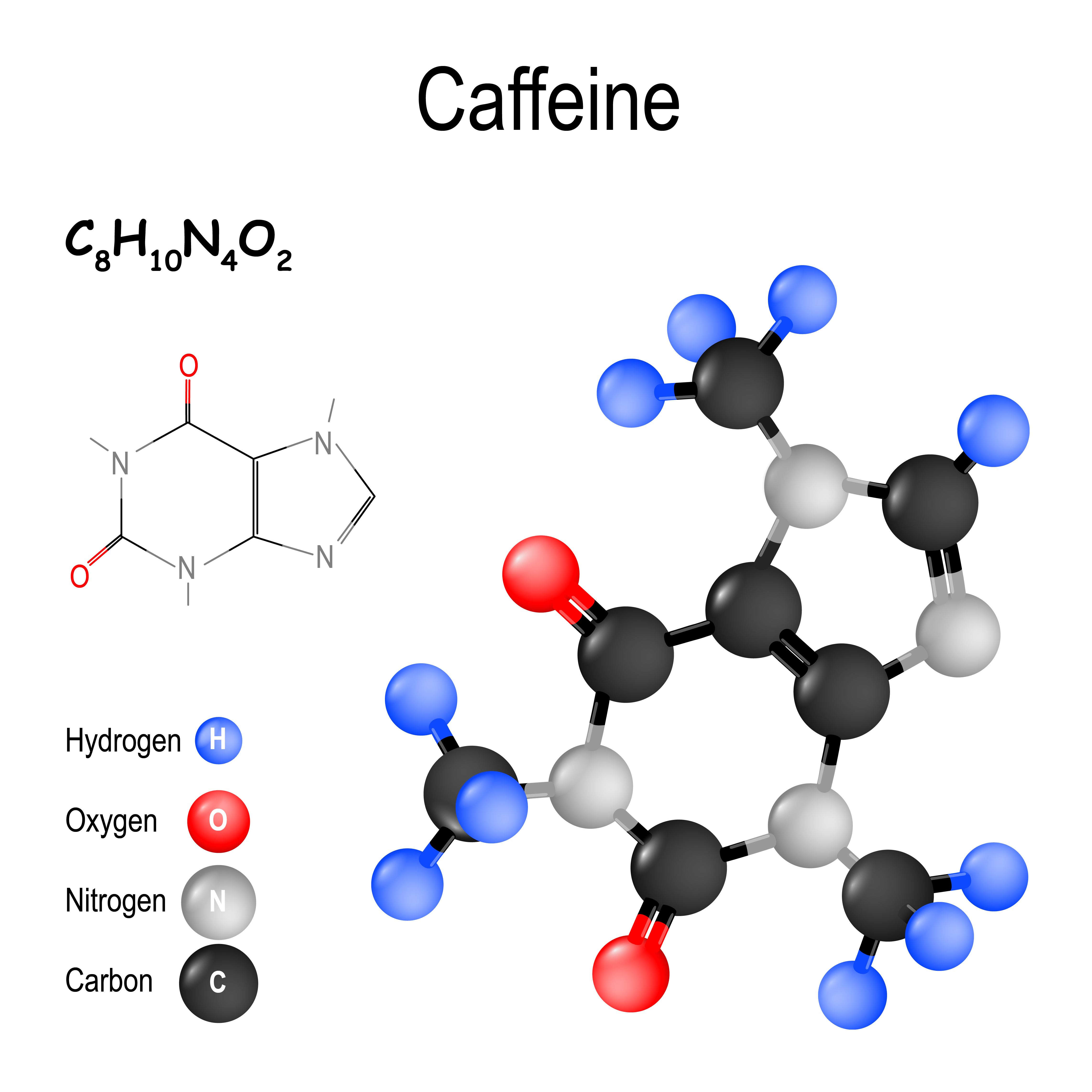
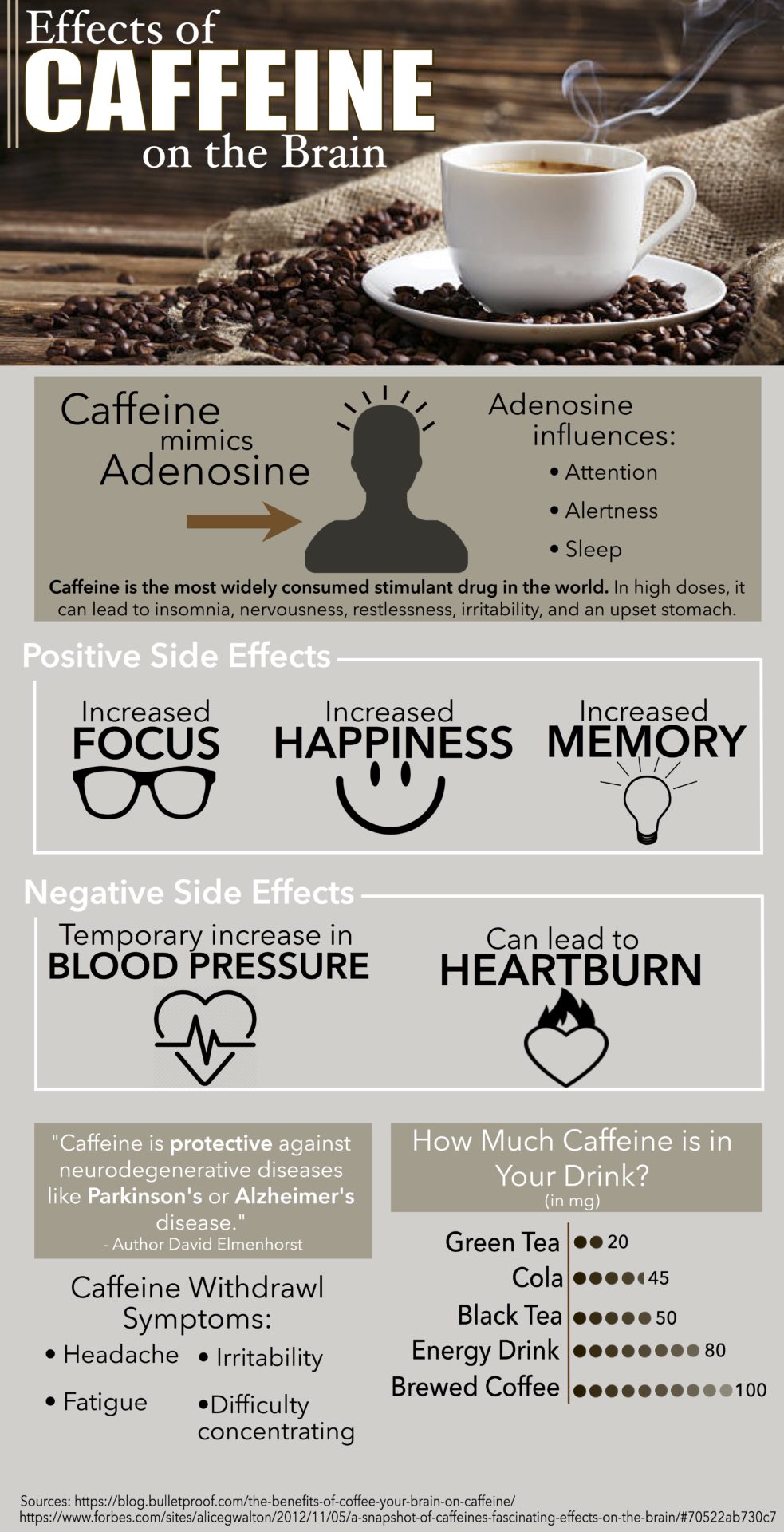

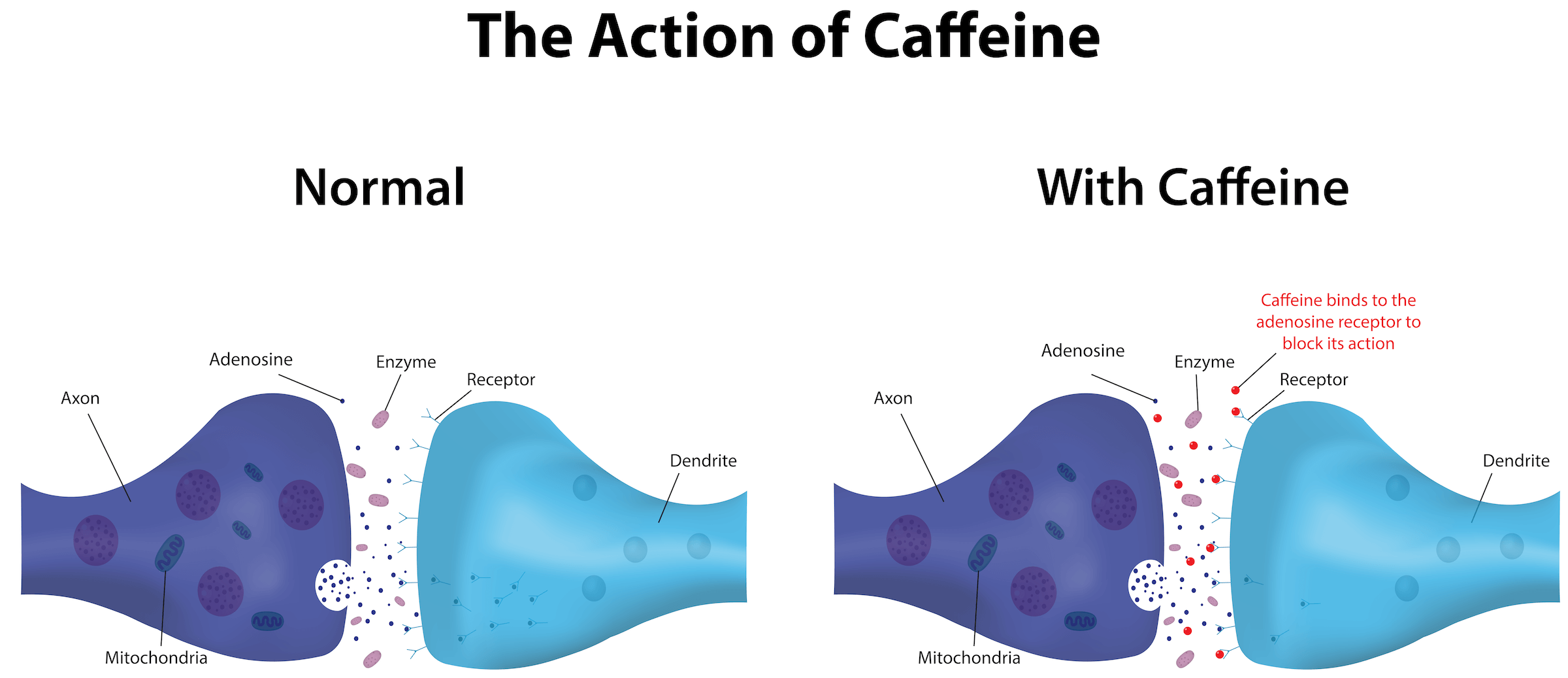


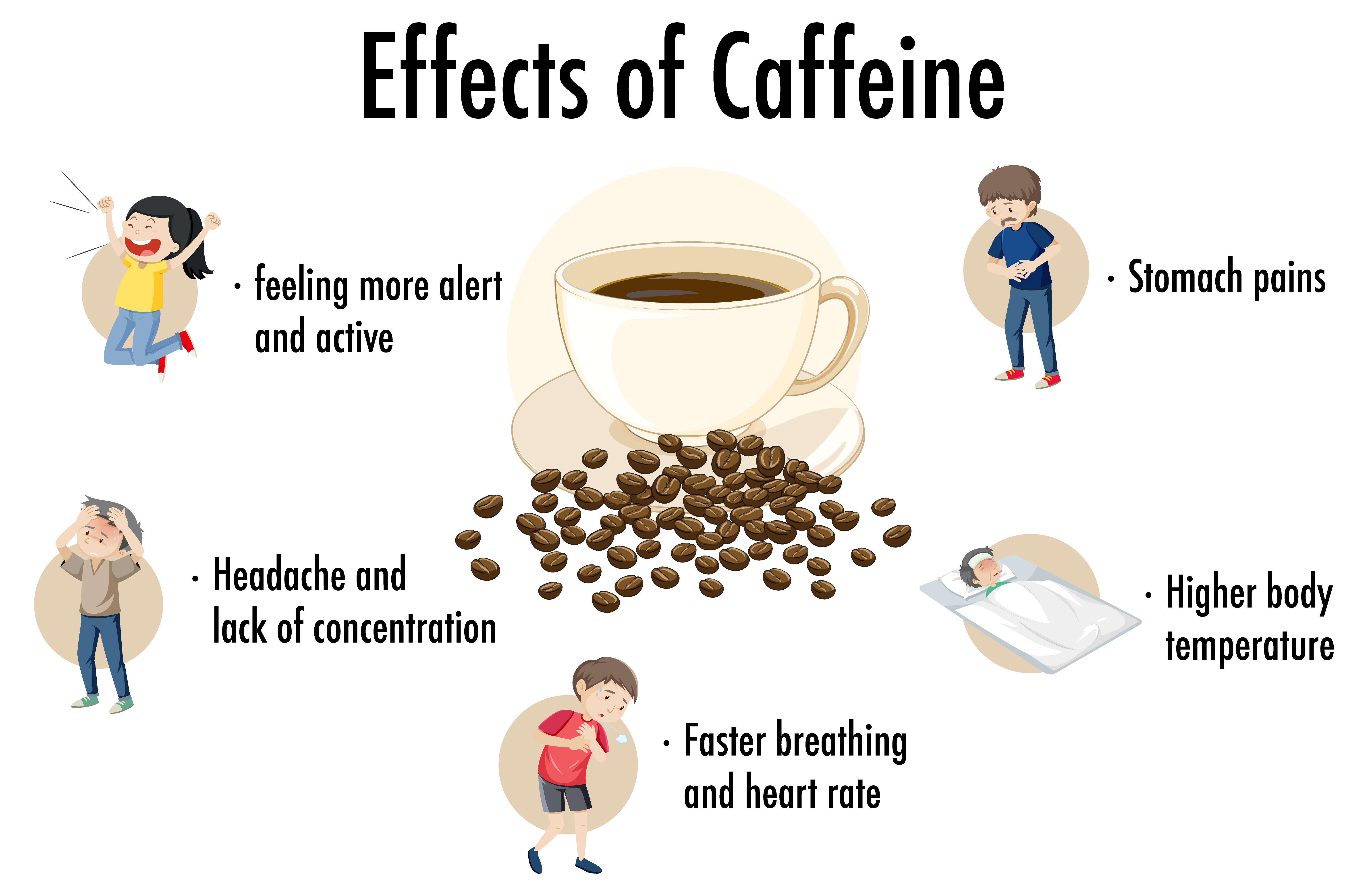
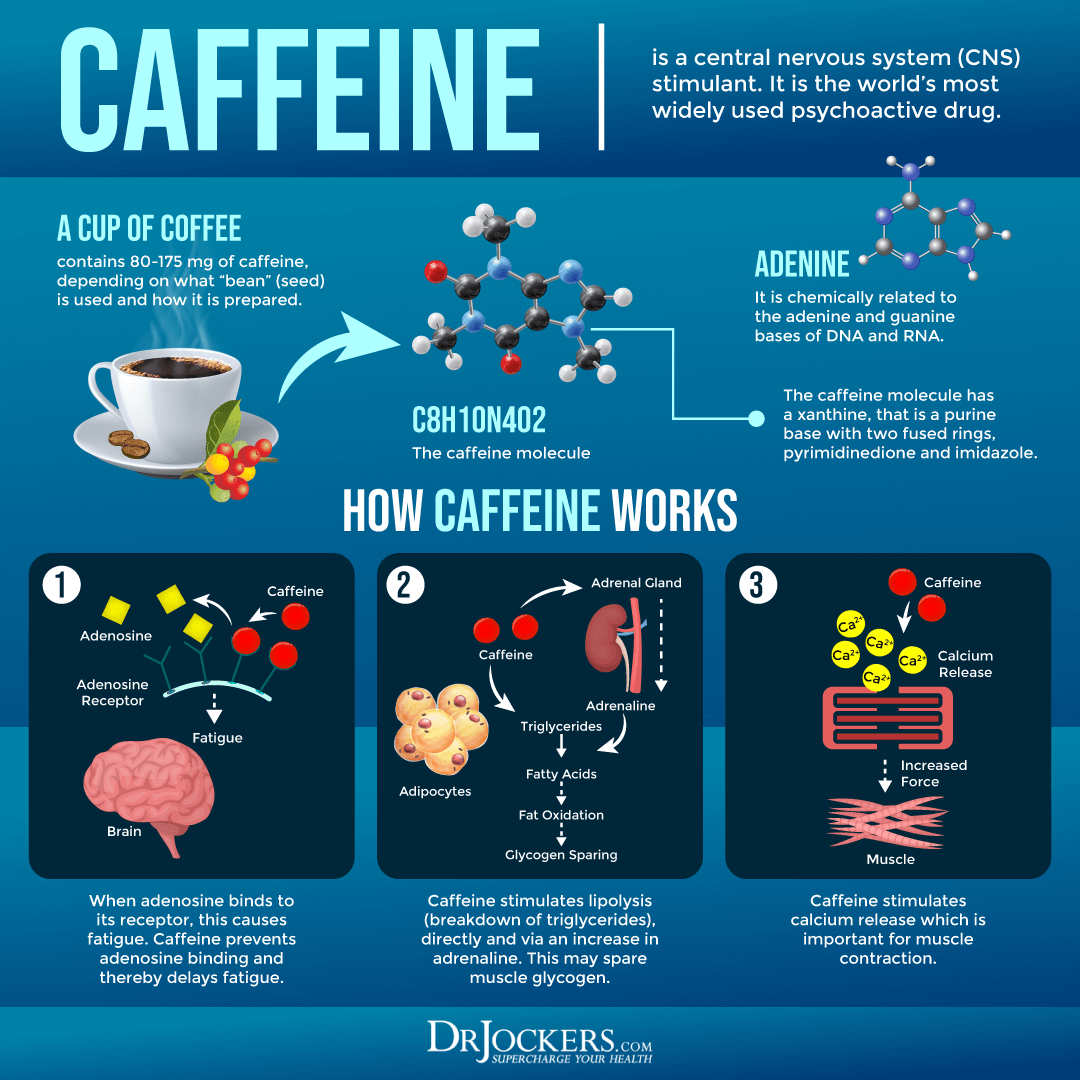


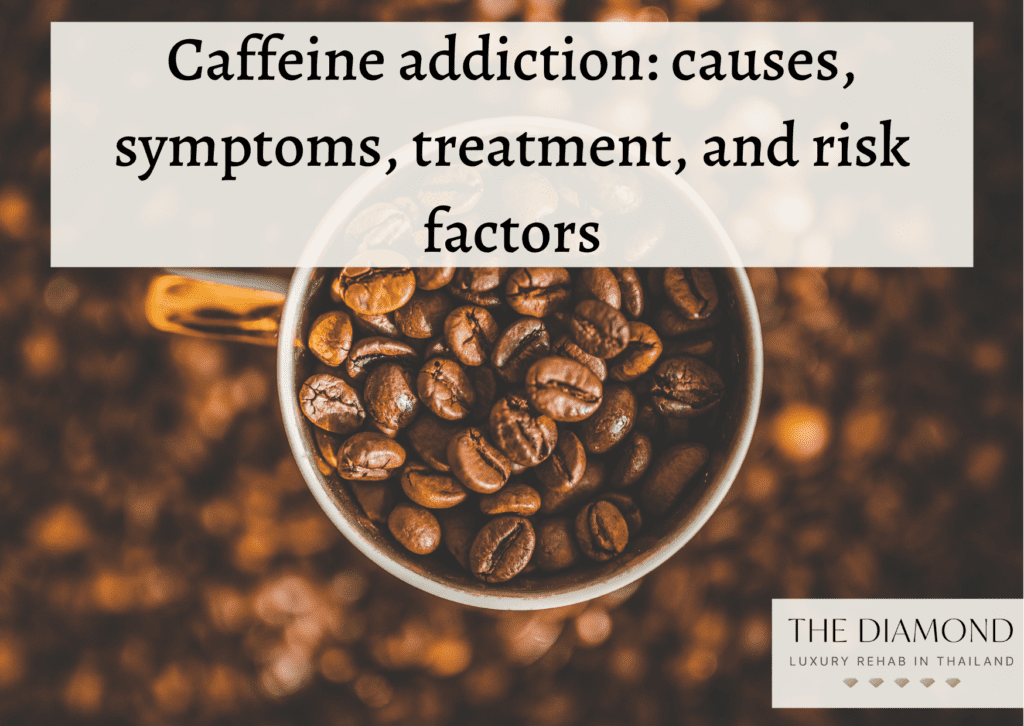

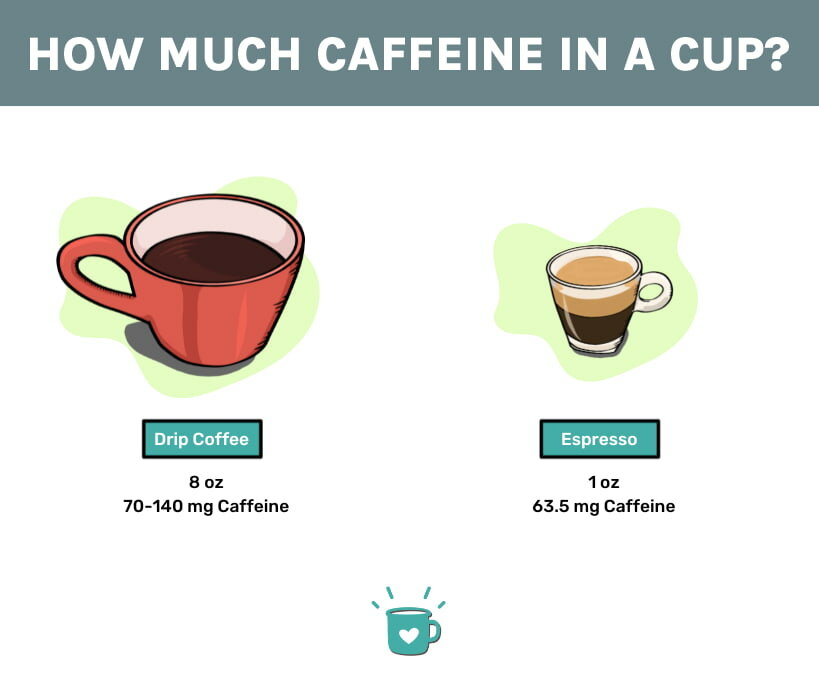


:max_bytes(150000):strip_icc()/Health-Lines-Caffeine-Sources-green-horiz-edit-4-32b42be237b84827bf205f003cd0a8dc.jpg)


